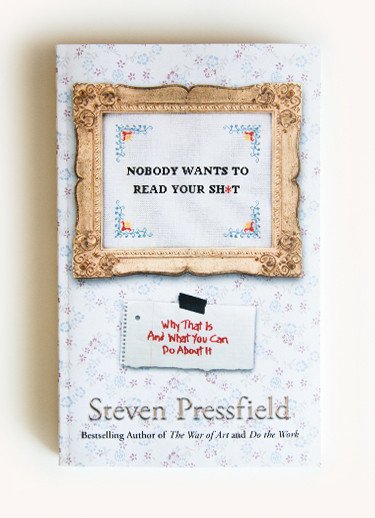Here is a template that I made for myself. The inspiration came from Stephen Pressfield’s book ‘Nobody wants to read your shit’.
I think the template is pretty self explanatory. But I’ll try and talk about some of the terms that you may find alien. If you still have questions, feel free to ask them in the comment box.
Theme is the overarching message of the story. Is it good vs evil? Justice vs Injustice? Discipline vs serendipity? Heroism vs villainy? Love vs ego? The options are endless. You get to chose what theme your story will embody. But there has to be a theme and it has to have an opposing counter theme.
Your hero shall embody the theme. Whereas, the main villain should embody the counter theme.
Climax is when these two forces clash. Stephen Pressfield urges his readers to solve the climax first and then write the rest of the story.
Inciting incident is what starts the story. Maybe hero meets villain or hero gets shunned by someone she loves- it will be unique to your theme.
Narrative device is one of the harder things to master. It asks the following questions-
Who is talking to the reader? Is the reader getting a first-person view? Or is the reader getting a 3rd person view from someone related to the protagonist or the writer herself? Is the story being told in past tense? Is the narrator stoic or biased?
OCEAN is an acronym for the big five personality traits. The characters in your story will need unique personalities and everything they do should stem from that. The big five traits are- Openness, Conscientiousness, Extraversion, Agreeableness and Neuroticism. Characters generally will be high in one trait while low in others.
All character should have some kind of flaw. This will make them more humane and relatable.
Characters should also have some kind of agenda and goals that they yearn to fulfill.
The last part of the template is just the ‘Heroes journey’. This is to help you with structuring the story properly.
Tests are situations where your characters’ will have to make a difficult choice. This is crucial for character development.
Here’s the template:
(Click here to download it in MS WORD)
…………………………………………………………………………………………………………………………………………
Theme:
Concept:
Climax:
Inciting Incident:
Narrative Device:
OCEAN:
Flaw:
Goal:
Test:
- Hero Starts in Ordinary world:
- Hero receives call to Adventure
- Hero rejects call:
- Hero meets mentor. Mentor gives hero courage to accept call
- Hero crosses threshold enters special world
- Hero encounters enemies and allies, undergoes ordeal that will serve as his initiation
- Hero confronts villain, acquires treasure.
- The Road back. Hero escapes special world, trying to “get home”
- Villain pursue Hero. Hero must fight/ escape again
- Hero returns home with treasure, reintegrates into ordinary world, but now as a changed person, thanks to his ordeal and experiences on his journey.
…………………………………………………………………………………………………………………………………………………

